Many common consumer transactions in our society can lead to unexpected legal issues.
John Clarke: Fort Lauderdale Consumer Law Lawyer | Attorney in South Florida
For example, a borrower loses his job and then falls behind on the payments of his home mortgage. His lender initiates a foreclosure action without offering the borrower a chance to modify the loan. In another situation, a consumer purchases a used car, only to find that it is mechanically defective and has problems that were not disclosed by the dealer. The consumer tries to return the car, but the dealer won’t take it back. In each of these situations there are important legal rights that the customer has, but he needs the assistance of a diligent, knowledgeable attorney to stand up for these rights and protect his assets.
ClarkeLaw is experienced at helping consumers defend their rights and punish creditors who commit wrongdoing. We have helped clients to delay and avoid unlawful foreclosures and repair their credit. We have obtained damages from debt collectors for illegal collection practices.
I. Telephone Consumer Protection Act
The Telephone Consumer Protection Act (TCPA) is a federal law that protects consumers from receiving solicitations via telephone without their consent in several situations:
-live calls to a cell phone on the “do not call registry”
- prerecorded messages or robocalls to a cell phone or land line
-SMS text messages
-the use of automated dialing equipment
The TCPA provides broad protections for consumers and serious penalties for violators. This law permits the recipient to sue for $500 per violation, and $1,500 per willful violation. Any individual or corporation who collects, solicits, advertises, or markets information by phone may be liable. The attorney's fees are paid by the violator, not by you the consumer.
II. Foreclosure Defense
When a homeowner is facing foreclosure, there are several alternatives she may qualify for. These options include loan modification, deed in lieu of foreclosure, and short sale.
1. Loan Modification – A loan modification is a written agreement between the lender and the borrower that permanently changes one or more of the original terms of the note, such as a reduction in the interest rate or the monthly payment. A loan modification enables the consumer to keep his property and reinstate his loan after a foreclosure action has begun.
2. Deed in Lieu of Foreclosure - A deed in lieu of foreclosure is a transaction where the homeowner voluntarily transfers title to the property to the lender in exchange for a release from the mortgage lien.
3. Short Sale - A short sale occurs when a homeowner sells his or her home to a third party for less than the total debt remaining on the mortgage. With a short sale, the lender agrees to accept the proceeds from the sale in exchange for releasing the lien on the property. Both a short sale and a deed in lieu of foreclosure, the borrower agrees to transfer his interest in the property in exchange for the lender's release of the borrower's mortgage obligation.
ClarkeLaw is experienced at assisting homeowners in times of crisis to avoid or delay foreclosure.
III. Fair Credit Reporting and Debt Collection
Even the most responsible person can suffer a financial setback, such as the loss of a job or a major illness, that prevents them from paying their debts on time. Fortunately, there are laws that limit what creditors and collection agencies can do to collect a debt from a consumer. The Fair Credit Reporting Act requires a debt collector to prove, upon request, that the consumer owes the debt it is attempting to collect. It also limits the time that a credit bureau can report most kinds of delinquent debt. ClarkeLaw has helped many consumers to restrain debt collectors, negotiate repayment plans, and in some cases, remove debts entirely from credit reports.
Contact ClarkeLaw today for your free consultation concerning your consumer law issue.



